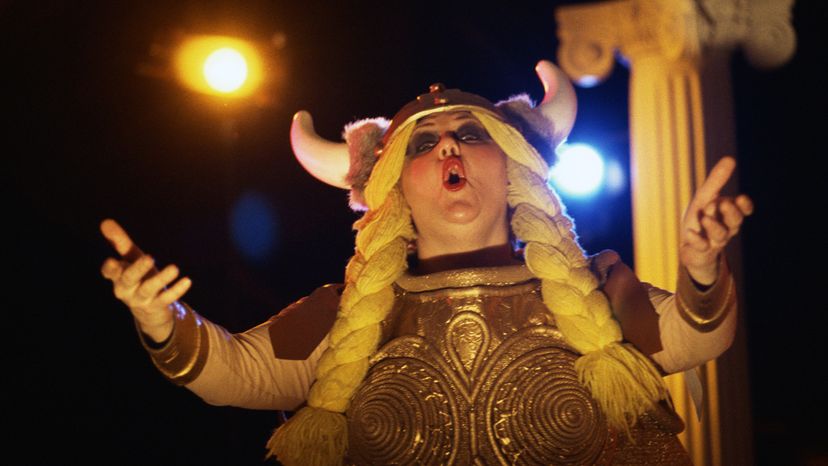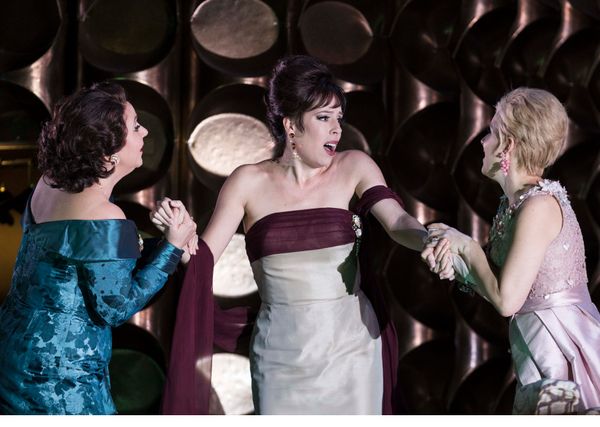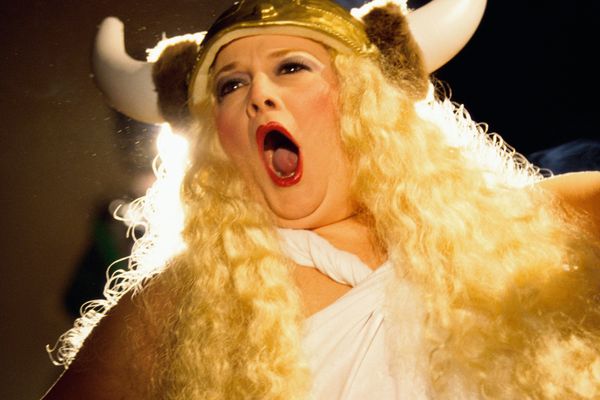So does weight have any bearing on an opera singer's vocal ability? Atlanta's Jan Smith, a Grammy-nominated producer, artist and vocal coach to some of music's best — Usher, Justin Beiber, Nicki Minaj, Drake and Ludacris, to name a few — says a singer doesn't have to be overweight to hit those high notes. "For every overweight person whose voice blows you away, there is at least one artist who is not overweight and is equally as talented," she says. "Take Celine Dion. She is tiny, she doesn't have an oversize rib cage or diaphragm. And she sounds amazing."
So if tiny singers like Celine can belt out those notes with the best of them, why the perpetuation of the fat-lady label? There are all kinds of theories, including everything from big bone structures provide more resonating space to large rib cages (and the ability to expand them) give more singing volume and power.
These may all sound reasonable, but there isn't much scientific evidence to support them. "I'm not going to discount that a large rib cage can be beneficial to a singer, but it definitely isn't necessary," Smith says. "Again, look at Celine Dion." Smith actually agrees with medical science and says maintaining a normal weight is healthy for people in general, and that includes performing artists.



